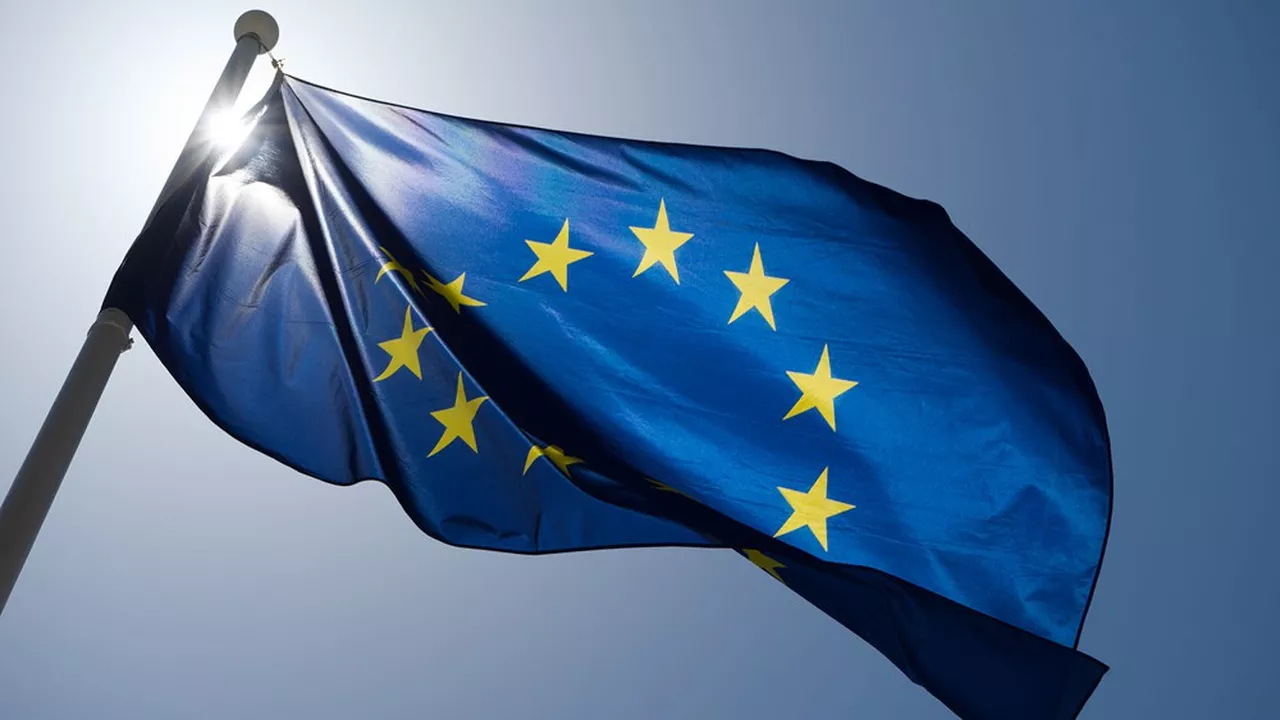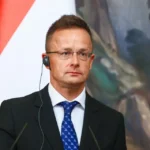As the European Union (EU) seeks to expand, particularly among the former Soviet republics, the complexity of this process has intensified. Recent political upheavals in Moldova and Georgia have highlighted the obstacles posed by Moscow, which aims to sow discord and disrupt accession processes.
This year’s presentation of the European Commission’s report on the progress of candidate countries seeking EU membership has taken on a new significance. Despite claims by Ursula von der Leyen, President of the European Commission, that “enlargement remains a top priority for the new Commission,” the road ahead appears increasingly fraught with challenges.
The report identifies ten candidates: Albania, Bosnia and Herzegovina, Kosovo, Montenegro, North Macedonia, Serbia, Georgia, Moldova, Ukraine, and Turkey. According to Josep Borrell, the EU’s chief diplomat, “Russia is an existential threat to Europe now more than ever, and EU membership has become a strategic choice.” He emphasized that countries cannot maintain ties with Russia while pursuing EU membership, stating, “You have to choose; it’s one or the other.”
Borrell’s remarks came after Hungarian Prime Minister Viktor Orban visited Georgia, praising the ruling Georgian Dream party, which has close ties to Moscow. This visit followed a controversial election that the local opposition condemned and that the EU deemed “marked by very serious irregularities” requiring investigation.
Georgia’s accession process has faced setbacks since spring due to a controversial “foreign influence” law, inspired by similar Russian legislation, which has been criticized for stifling civil society. The EU report indicates limited progress in addressing key priorities identified by the Commission, particularly regarding political polarization and a deteriorating political environment. Concerns also extend to judicial independence, media freedom, and fundamental rights—essential elements for advancing toward membership.
“The Georgian authorities have been distancing the country from EU values and principles in recent months,” Borrell noted, advocating for a clear path to re-engagement.
The situation in Moldova is equally precarious. While pro-European President Maia Sandu seeks re-election, recent polls indicate that her victory is uncertain. A referendum on EU membership earlier this month barely passed, and her pro-Russian challenger, Alexandr Stoianoglo, has expressed a willingness to meet with Vladimir Putin if elected.
The EU report underscores the substantial reforms still needed in Moldova, particularly in combating corruption, reforming public administration, bolstering judicial independence, safeguarding freedom of expression, and protecting fundamental rights. Despite these challenges, the Commission is eager to advance negotiations for Moldova’s accession “as soon as possible,” with an eye toward 2025 for potential progress.
Borrell also pointed to Serbia, which is seen as too closely aligned with Russia, suggesting that it must eventually align with European diplomatic positions to avoid jeopardizing its EU membership prospects. The report laments Serbia’s inadequate alignment with EU foreign and security policy, especially concerning sanctions against Russia.
Furthermore, the normalization of relations with Kosovo—another aspiring EU member—is deemed crucial for both countries’ European ambitions. Borrell asserted, “Progress towards the EU and a solution to the dialogue between these two countries are closely linked.” Last year, Brussels launched a significant initiative aimed at the six Balkan countries, providing a “growth plan” designed to grant them certain benefits of EU membership before formal accession, including substantial financial support.
This report marks the fifth and final assessment of EU enlargement during the current mandate. The upcoming European Commission, set to take office in December, will be tasked with advancing these negotiations. Oliver Varhelyi, the Commissioner for Enlargement, expressed optimism, stating, “We have made progress, and this could mean that by the end of the next Commission’s term in 2030, we may witness the enlargement taking place.”
As the geopolitical landscape continues to shift, the EU’s ability to navigate these challenges will be pivotal in determining the future of its expansion efforts in Eastern Europe. The interplay between Russian influence and the aspirations of candidate countries remains a central theme in this ongoing saga, where the stakes are high, and the outcomes uncertain.
This article is originally published on .lesechos.fr








